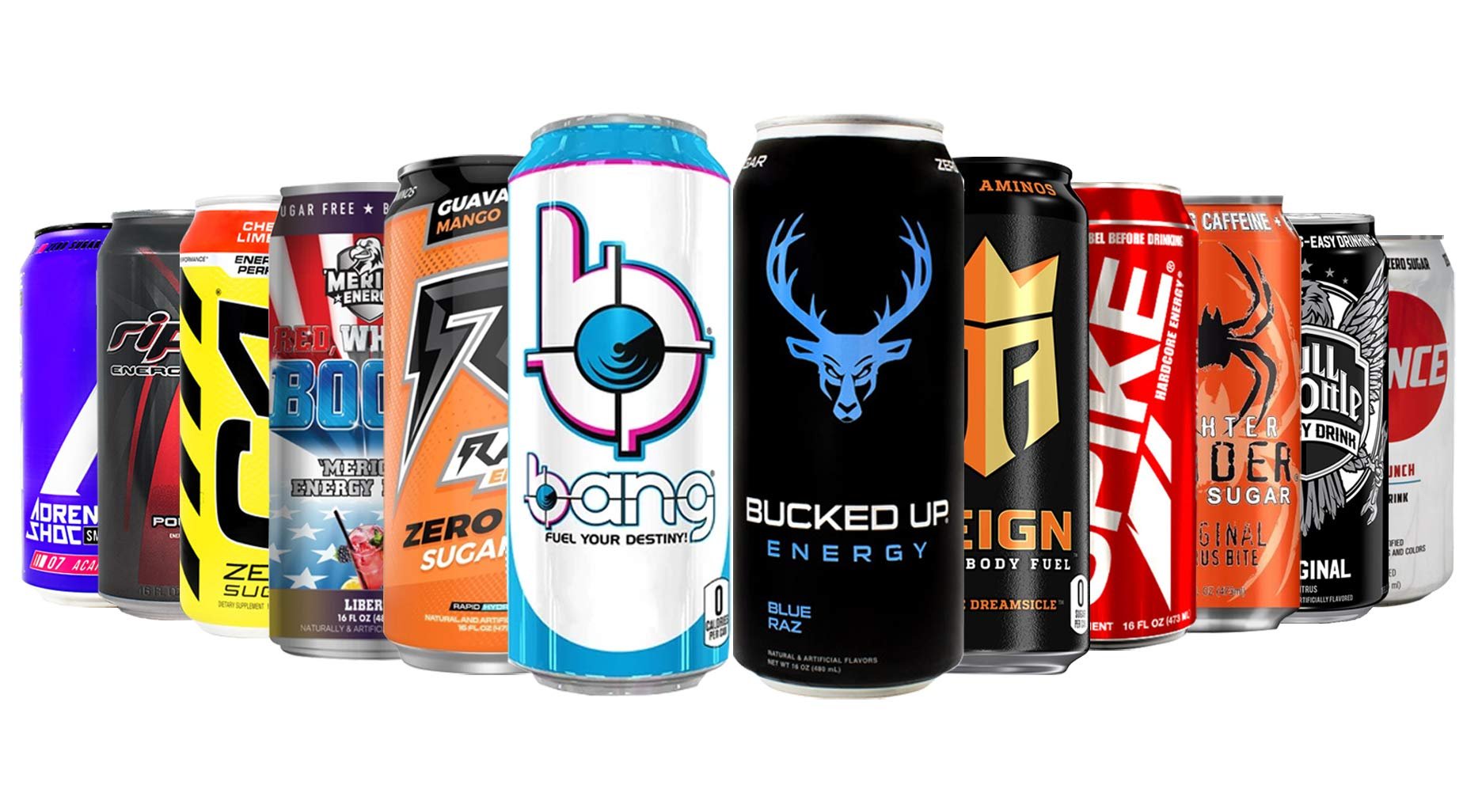Coffee and Caffeine's Effects on Body and Mind: Surprising Science Unveiled
The Science Behind Caffeine and Coffee
Coffee, a staple beverage for many, continues to stir scientific interest, with new research delving into its effects on both the body and mind. The latest studies highlight the complex relationship between caffeine consumption, overall health, and its various sources—namely coffee, decaf, and energy drinks.
For decades, caffeine has been celebrated for its ability to enhance cognitive abilities, boost alertness, and improve concentration. Now, emerging studies suggest there’s more to coffee than just a mental pick-me-up. Both coffee and decaffeinated varieties may offer protective benefits against chronic liver disease, adding to the ever-growing list of potential health perks.
The Hidden Dangers of Energy Drinks
However, not all caffeinated beverages are created equal. Energy drinks—popular among younger demographics—have garnered attention for their high caffeine content and associated health risks. Several reports have surfaced documenting severe health complications after consuming these potent drinks. The UK Labour party has even proposed banning energy drinks for children under 16, reflecting growing concerns over their safety.
While moderate coffee consumption may provide health benefits, energy drinks pose a different challenge. They often contain not only excessive amounts of caffeine but also sugar and stimulants that may lead to adverse health effects, particularly for young consumers.
The Individual Impact of Caffeine
Be Mindful of Your Intake
One key takeaway from the ongoing research is that individual responses to caffeine can vary significantly. While many experience positive effects like enhanced focus and energy, others may suffer from side effects like anxiety, restlessness, or sleep disturbances—even from moderate intake. Being mindful of personal limits and caffeine sources is crucial for maintaining both physical and mental well-being.
The evolving research on caffeine is a reminder that moderation is vital. While coffee—whether caffeinated or decaf—can offer potential health benefits, energy drinks should be approached with caution. By understanding the differences in caffeine sources and monitoring individual responses, you can enjoy the perks of coffee while minimizing potential health risks.
QUICK TIPS: MANAGING YOUR CAFFEINE INTAKE
Track your sources: Know how much caffeine is in your coffee, energy drinks, or tea.
Listen to your body: Notice if caffeine affects your mood, energy, or sleep.
Avoid overconsumption: Stick to moderate amounts and avoid high-caffeine energy drinks.
Mind the timing: Avoid caffeine later in the day to ensure restful sleep.



